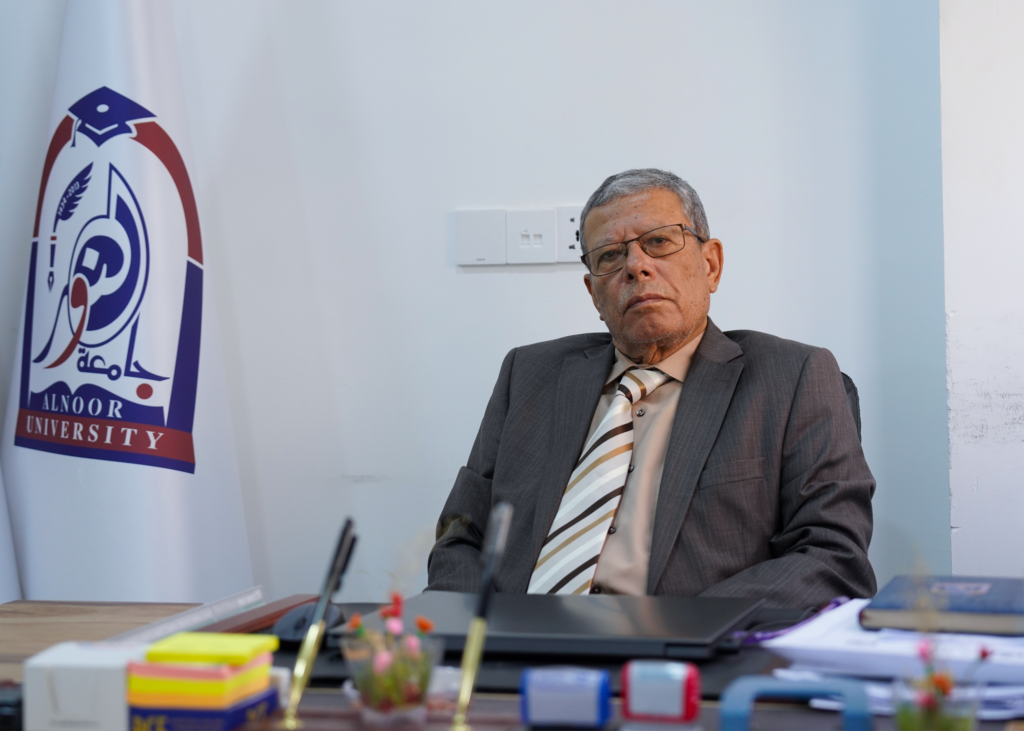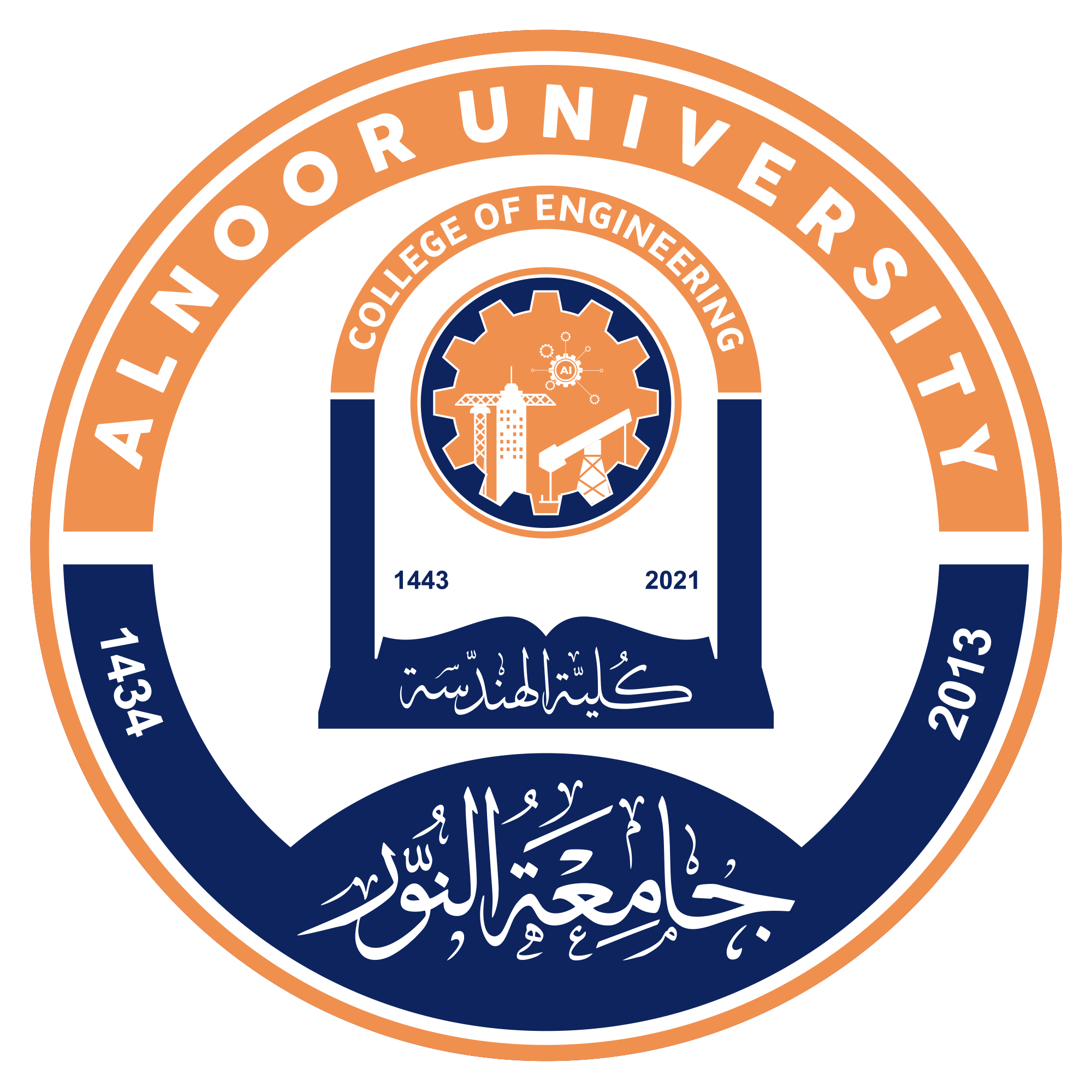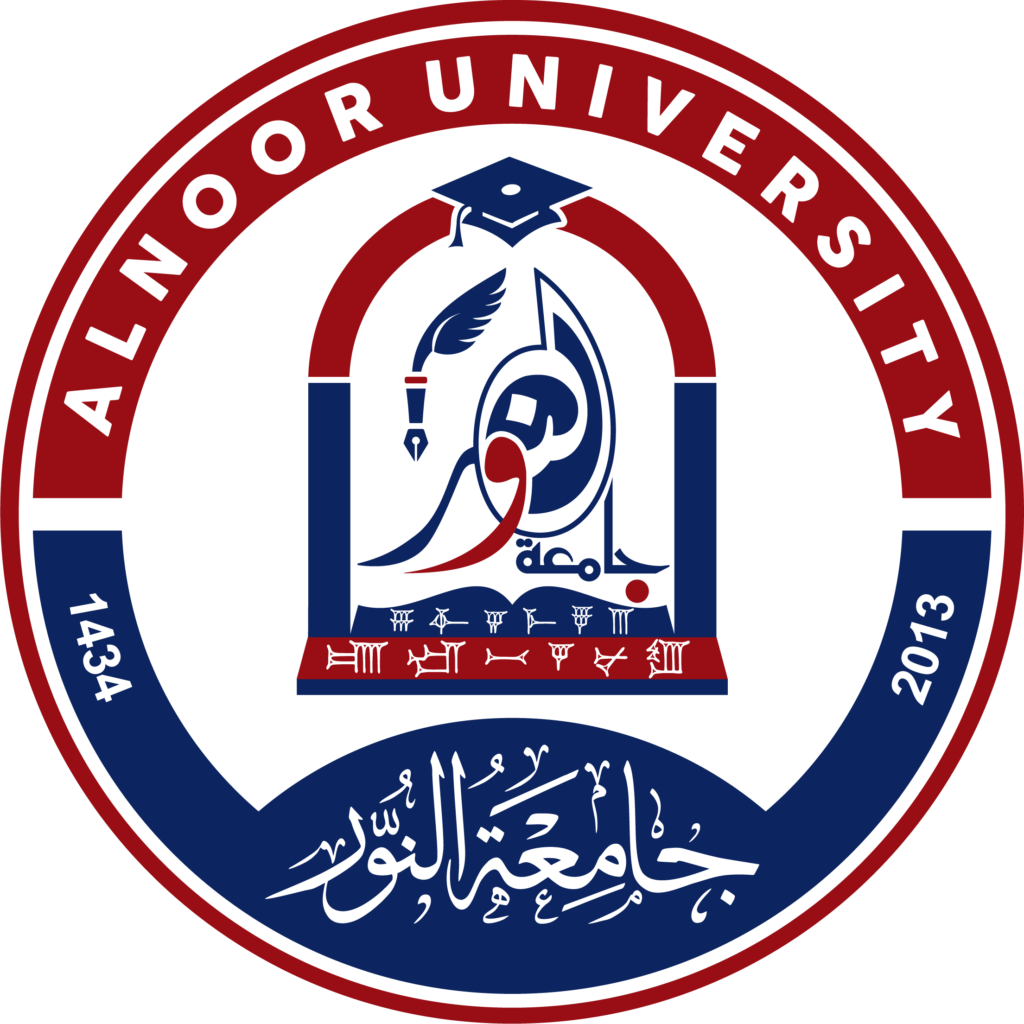Dean's Speech

Engineering is defined as the optimal use of natural resources (materials and energy) for human purposes through the creative application of scientific principles in designing and developing structures, machines, devices, or manufacturing methods. This includes predicting the product's functionality, process economy, and user and property safety. Engineering fundamentally relies on physics, mathematics, chemistry, and their extensions into solid materials science, fluid mechanics, thermal forces, modification and transformation methods, and analytical systems.
The word engineering is derived from the Latin word ingenerare, meaning "to create or innovate." Engineering first emerged around 2500 BCE, exemplified by the construction of the pyramids. Civil engineering appeared in the 18th century, followed by mechanical engineering in England and Scotland. In the 19th century, electrical engineering emerged, followed by chemical engineering, driven by the need to manufacture and modify materials essential for various industries. By the late 20th and early 21st centuries, the necessity for environmental engineering arose, addressing pollution, climate change, and sustainability.
At the end of the 21st century, the demand for field engineers equipped with principles of engineering analysis, design, time optimization, resource utilization, and activity management on work sites led to the emergence of project management engineering. In response, our university established the Department of Construction Engineering and Project Management in the academic year 2021-2022.
In the academic year 2022-2023, the university launched the Petroleum Engineering Department, recognizing the industry's need for this specialization in light of Iraq's significant oil production, manufacturing, and export activities.
By the academic year 2024-2025, the university plans to introduce the Artificial Intelligence Engineering Department, acknowledging its applications across all engineering disciplines and various other fields of life.
The college is committed to providing essential resources, including qualified teaching and administrative staff, modern laboratory equipment, suitable classrooms, and robust infrastructure, to graduate skilled engineers ready to meet labor market demands.





